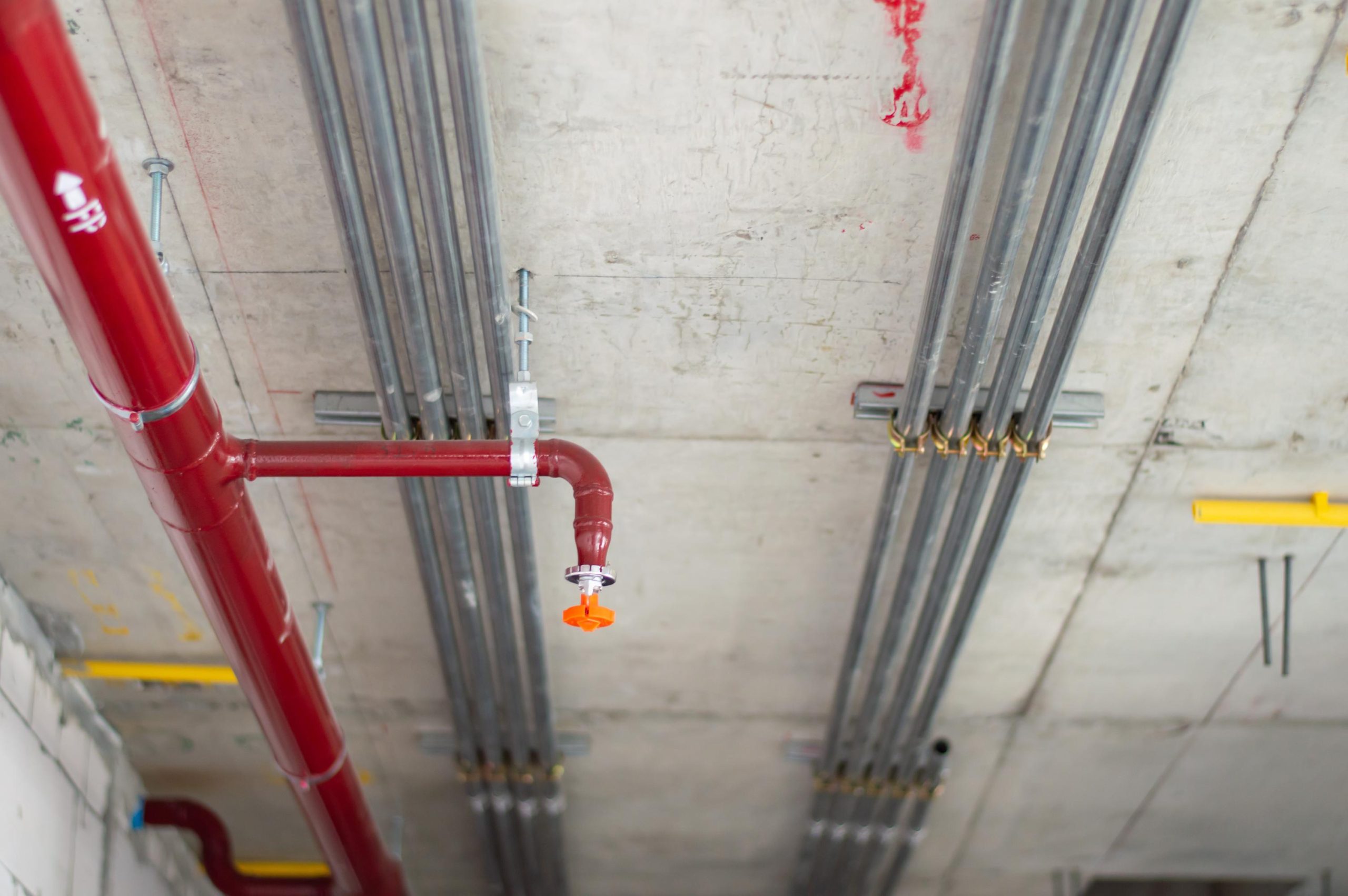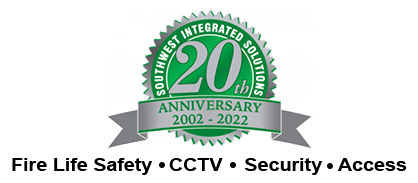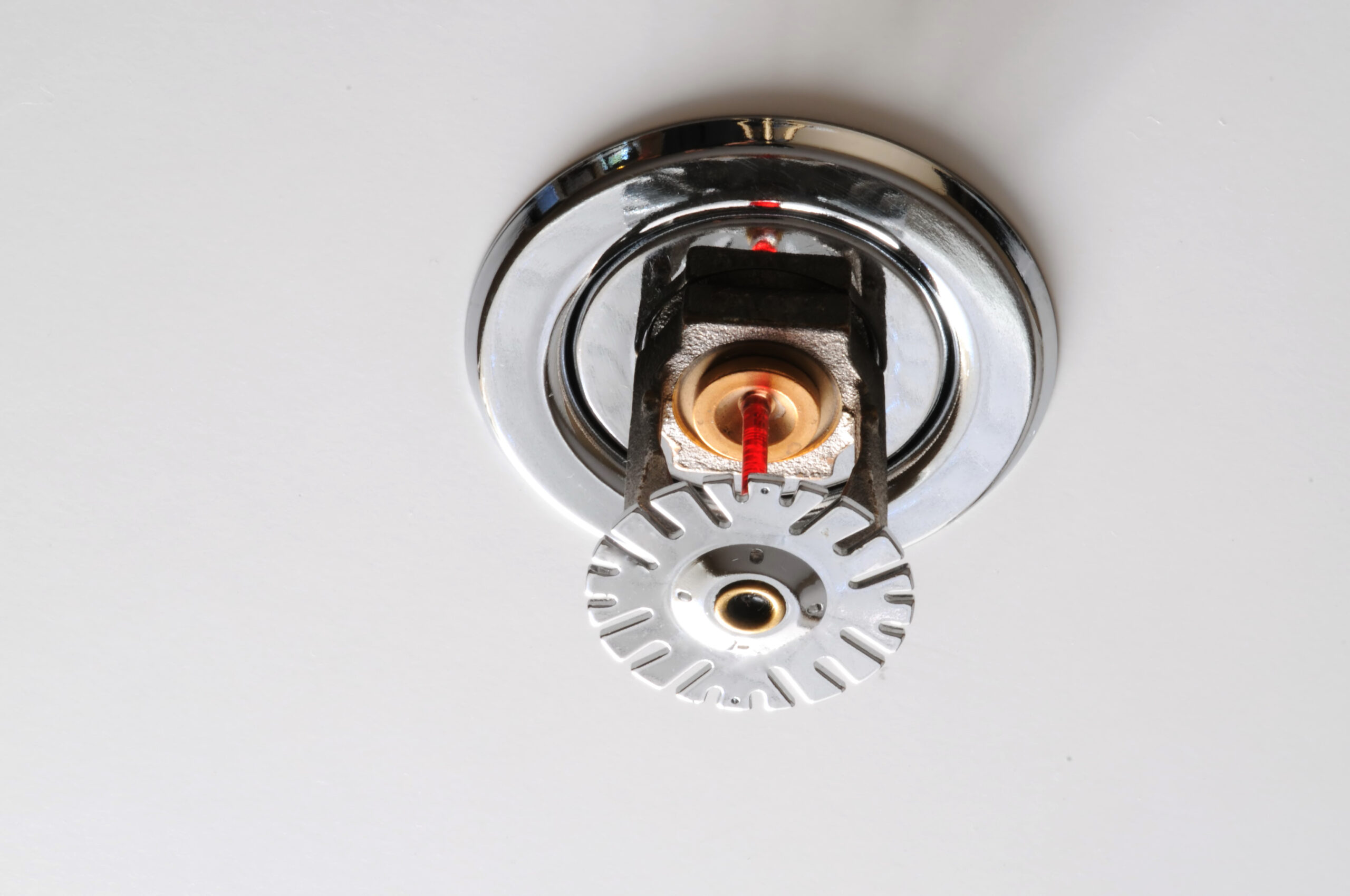When Is a Fire Sprinkler System Required
Implementing fire sprinkler systems is critical to building safety and fire protection measures. Understanding when fire sprinkler systems are required is essential for architects, engineers, building owners, and regulatory authorities to ensure compliance with fire safety codes and standards. Several factors influence the requirement for fire sprinkler systems in buildings, including building occupancy, size, construction type, and local fire codes.

When Is a Fire Sprinkler System Required
Let us delve into these factors to understand when a fire sprinkler system is typically required:
1. Building Occupancy Classification
One of the primary determinants is the occupancy classification of the building. Different types of occupancies pose varying fire risk levels, and fire codes often mandate sprinkler systems in buildings with higher occupant loads or more significant fire hazards. For example, high-rise residential buildings, hotels, hospitals, schools, and commercial establishments typically require fire sprinkler systems due to more excellent occupancy and increased fire risk.
2. Building Size and Height
More significant buildings with greater floor area and height are more susceptible to the rapid spread of fire and smoke. As a result, many fire codes mandate the installation of fire sprinkler systems in buildings exceeding specific size or height thresholds. High-rise buildings, warehouses, and industrial facilities often fall into this category. These facilities typically require fire sprinkler systems to mitigate the risk of fire-related injuries, fatalities, and property damage.
3. Construction Type
The construction used in a building also influences the need for fire sprinkler systems. Buildings constructed with more explosive materials or prone to rapid fire spread may be subject to stricter fire safety requirements, including the mandatory installation of sprinkler systems. For example, buildings constructed with lightweight materials or lacking adequate fire-resistant features may require sprinkler systems to compensate for their increased fire risk.
4. Building Use and Hazards
A building’s intended use and the presence of specific fire hazards can trigger the requirement for fire sprinkler systems. Facilities housing hazardous materials, such as chemical plants, manufacturing facilities, or storage warehouses, often require sprinkler systems to contain fires and prevent them from escalating into catastrophic events. Additionally, buildings with unique fire hazards, such as cooking facilities in restaurants or commercial kitchens, may be mandated to have fire sprinkler systems to mitigate the risk of fire-related incidents.
5. Local Fire Codes and Regulations
Local fire codes and regulations govern fire sprinkler requirements, which may vary depending on the jurisdiction. Municipalities, counties, and states often adopt fire codes based on national standards such as the International Building Code (IBC) or the National Fire Protection Association (NFPA) codes. These codes specify when they require fire sprinkler systems based on occupancy type, building size, and fire hazard classification.
In conclusion, the law requires fire sprinkler systems in buildings to protect occupants, property, and the surrounding community from the devastating effects of fire. The decision to mandate sprinkler systems is based on various factors, including building occupancy, size, construction type, hazards, and local fire codes. By understanding these factors and adhering to applicable fire safety regulations, stakeholders can ensure the effective implementation of fire sprinkler systems. This enhances building safety and mitigates the risk of fire-related emergencies.
Furthermore, fire sprinkler systems provide a complete and proactive approach to fire prevention, with various life and property protection advantages. Their automated and quick reaction and the capacity to confine flames at an early stage make them an essential component of current firefighting plans. Consulting with fire protection system professionals and following best practices can help mitigate risks and ensure the reliable operation of fire sprinkler systems.


